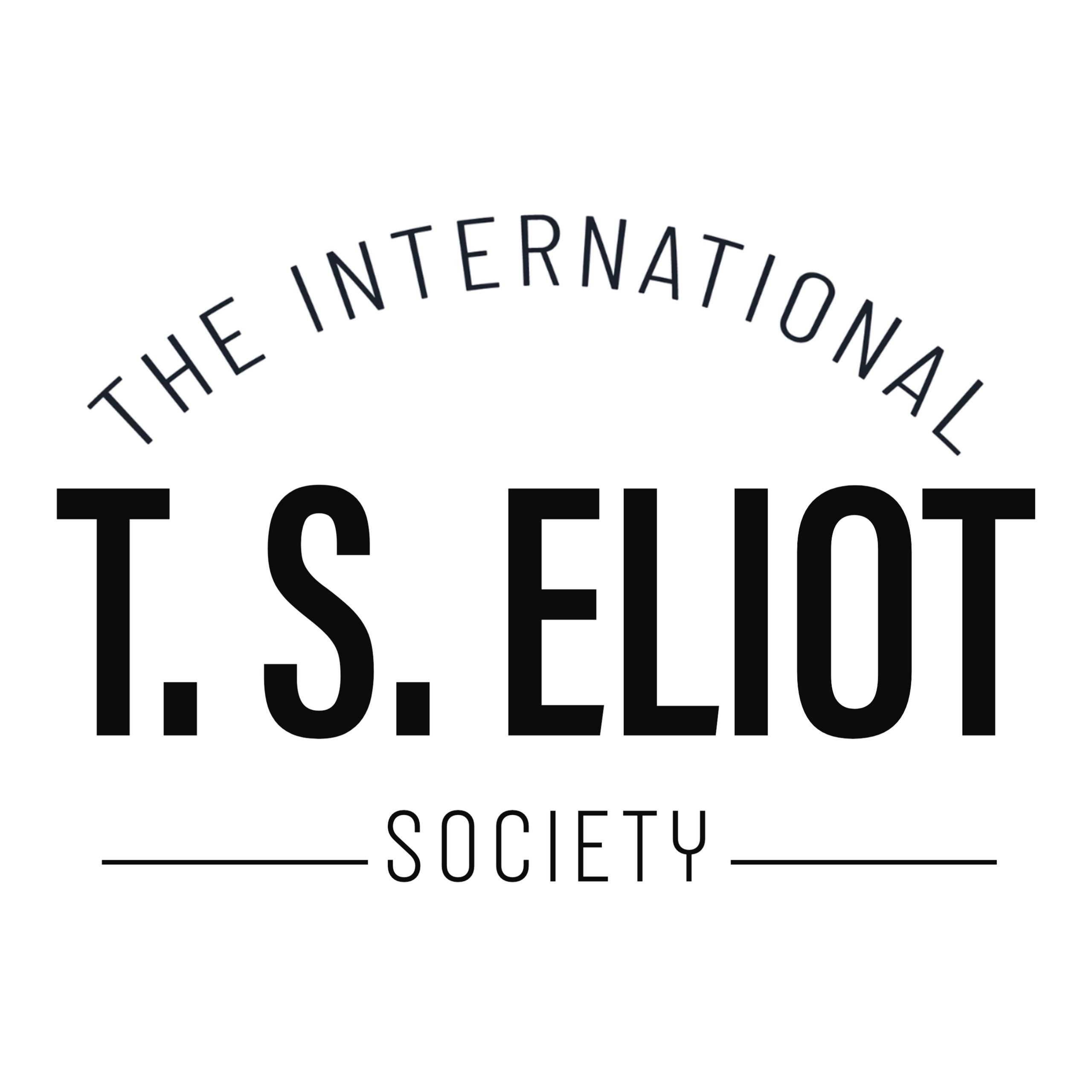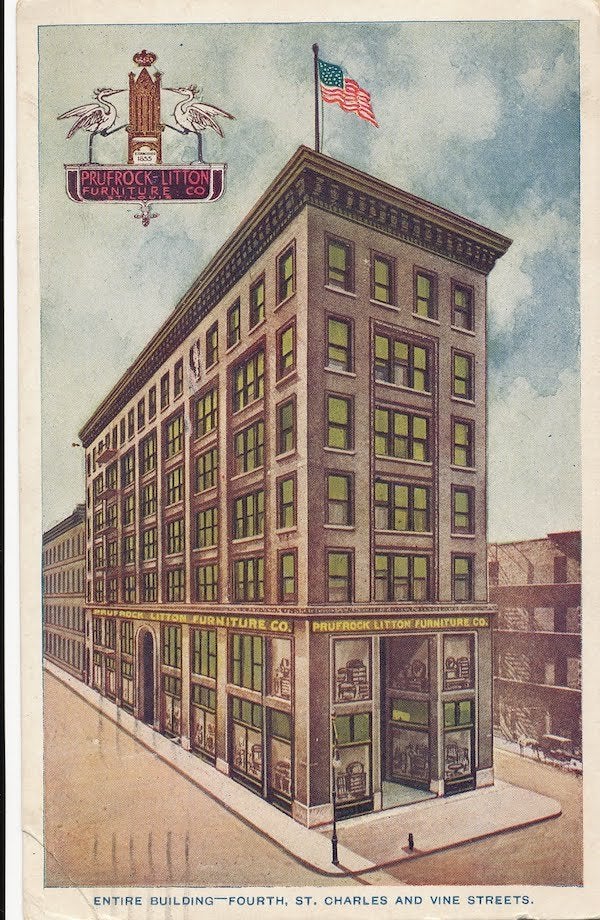compiled by David Chinitz
A Loos Canon. The TLS reports on the marginalia in Eliot’s copy of the 1951 anthology Oasis, which now resides at King’s College Cambridge: “Old Possum’s pencil has given each poem a sinful new subtitle … starting with Yeats’s “For Anne Gregory” (“Or, Gentlemen Prefer Blondes”) and his own “Journey of the Magi” (“Or, Gentlemen prefer Silken Girls”). (Aug. 2022, 31)
In other words. Asked “What books do you find yourself returning to again and again?” the Polish novelist Olga Tokarczuk told the New York Times: “I have a volume of T. S. Eliot to which I add different translations of his poems as I come across them. It’s fascinating to read poetry in its original form, but it’s just as fascinating to read it in a variety of translations. Suddenly the same text takes on new dimensions, as if it were growing in new directions.” (“Why Olga Tokarczuk Likes to Read T. S. Eliot in Translation.” nytimes.com, 10 Feb. 2022)
Waterlogged. Dior’s Kim Jones has designed a line of menswear inspired by The Waste Land. Fresh from his leading role in The Batman, Robert Pattinson, together with Gwendoline Christie—a.k.a. Brienne of Tarth—appeared on screen at the Jan. 2023 fashion show to read Eliot’s poem. The “water-centric” collection, crossing haute couture with raingear, was intended to suggest a theme of “regeneration and renewal,” according to the designer. The ensembles, as a reviewer explains, “transmuted Jones’s romantic, delicate tailoring and workwear with details and constructions native to fishing and sailing, including various plays on life jackets.” (Anders Christian Madsen, “5 Things To Know About Dior’s T. S. Eliot-Infused AW23 Men’s Show,” vogue.co.uk, 21 Jan. 2023).

Bang, bang, bang! For Eliot’s overquoted line “Not with a bang but a whimper,” 2023 is off to a roaring start in the media. Unlike the March 2020 outburst of banging and whimpering, which all had to do with the Covid pandemic, this February’s deluge is curiously eclectic. The Jerusalem Post uses Eliot’s phrase to describe the aftermath of nuclear holocaust (Sam Halpern, “Which Nations Are Most Prepared to Survive a Nuclear War?” 12 Feb.), while to Investing Daily it describes merely the ending of the US stock market’s January rally (John Persinos, “Interview: A Top Expert’s Market Outlook for 2023,” 23 Feb.). Bloomberg.com uses it to describe the response of Russian poets to their country’s war in Ukraine (Leonid Bershidsky, “An Invasion That Russian Poets Just Couldn’t Take,” 15 Feb.), while for Boingboing.com the phrase sums up the demise of an ancient cultural institution (Gareth Branwyn, “What Really Happened to the Library of Alexandria?” 17 Feb.). According to the sports site Yardbarker.com, the recent Super Bowl “ended not with a bang but with a whistle” (Eric Smithing, “Eagles Cornerback James Bradberry Discusses Decisive Holding Penalty in Super Bowl Loss,” 13 Feb.). A review in the Chicago Reader tells us that the new play Andy Warhol in Iran “ends neither with a bang nor a whimper” (Kerry Reid, “Tehran Tete-a-Tete,” 1 Feb.), while the Minnesota Reformer finds Eliot’s line apt for the outcome of a “much-ballyhooed” probe (Marshall H. Tanick, “The SCOTUS Leak Investigation: Did They Hire Inspector Clouseau?” 3 Feb.).
Are most chatbots failed poets? Professor Walt Hunter of Case Western tested the artificial intelligence bot ChatGPT’s ability to write poetry and graded it an F. Prompted to “write a poem in the style of Seamus Heaney,” the software offered:
In a garden green and fair,
A flower blooms, a sight so rare.
But is it meant for me, I fear?
Will I, like it, bloom this year?
Hunter’s analysis: “Odds are good that this poem, titled ‘Is It for Me?,’ will not win the National Poetry Series. The final phrase seems plucked from T. S. Eliot’s The Waste Land, which gives the last line an unintended comic air, because Eliot is referring to a corpse.” (“What Poets Know That ChatGPT Doesn’t,” theatlantic.com, 13 Feb. 2023.)


